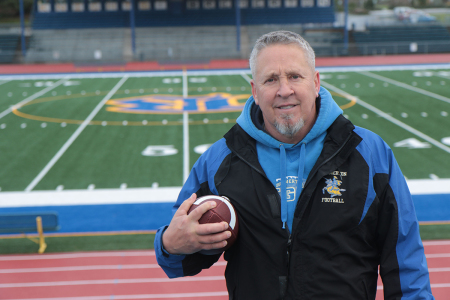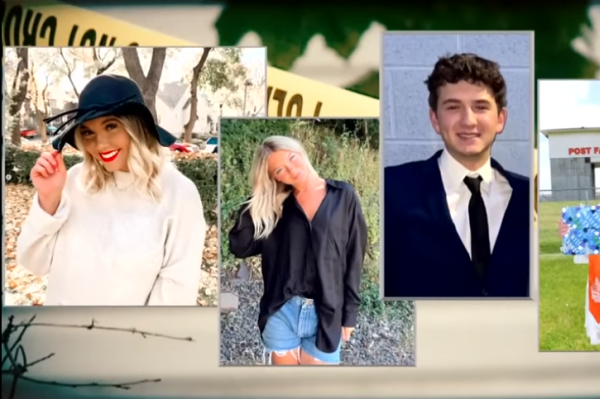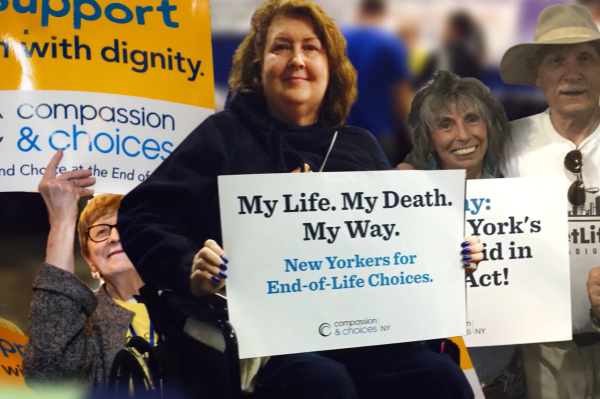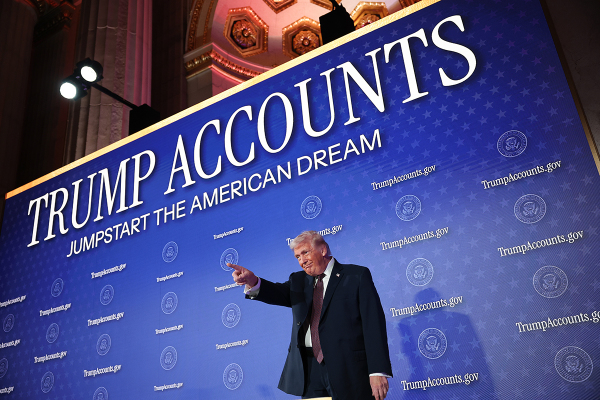NFL greats rally behind high school coach fired for postgame prayer amid Supreme Court battle

NFL players, hall of famers and former coaches have joined former U.S. attorneys general in urging the U.S. Supreme Court to rule that a Washington school district acted unlawfully when it fired a football coach for praying on the field after games.
Numerous “friend-of-the-court” briefs have been filed in the case Kennedy v. Bremerton School District, in which former Seattle-area football coach Joe Kennedy is seeking to reverse a lower court decision that allowed the school district to fire him because fans and students could see him take a knee in silent prayer at the 50-yard line after football games.
“We are grateful for the outpouring of support from every corner of America for Coach Kennedy to be able to pray, silently by himself on the 50-yard line after games,” Kelly Shackelford, president and chief counsel of the First Liberty, a Texas-based legal group representing Kennedy, said in a statement this week.
“We are hopeful the Supreme Court will protect the right of every American to engage in private religious expression, including praying in public, without fear of getting fired,” Shackelford added.
Those who have filed the briefs include several current and former NFL players, including Minnesota Vikings quarterback Kirk Cousins, former Super Bowl MVP Nick Foles, hall of famers Darrell Green and Steve Largent.
Others include coach Tommy Bowden, the son of legendary football coach Bobby Bowden, former college and NFL coach Lou Holtz, 56 members of Congress, six former U.S. attorneys general and 60 state legislators.
A brief filed on behalf of eight current and former NFL players contends that the players “support robust protection for the First Amendment rights of both coaches and student athletes at public high schools and universities across the Nation.”
“Each amicus attended and played football for at least one public high school
or university before turning pro,” the brief states. “Each amicus also voluntarily exercised his constitutional right to pray before, during, and after games in which he competed on behalf of such schools — at times alone, at times with other players, and at times with coaches.”
“Each amicus thus has firsthand experience with the environment in which this case arose,” the brief continues. “And each amicus can testify firsthand to the power of prayer — in generating gratitude for the opportunity to play, promoting high ideals of sportsmanship, protecting the safety of those who take the field, bridging personal, political, and racial divides among players, and ultimately in glorifying God.”
A brief filed on behalf of Largent, a former wide receiver for the Seattle Seahawks who went on to serve as a member of Congress, said that he is “deeply concerned about judicial
decisions limiting the scope of free speech and religious expression for individuals who serve as coaches in particular.”
Another brief filed on behalf of Green, a cornerback who won three Super Bowls with the team now called the Washington Commanders, said Green hopes the court will “return to a sound constitutional basis for state-church relations and, in so doing, protect all those who seek to encourage and inspire the next generation of this great nation.”
“As a football coach, Mr. Kennedy’s job included coaching, mentoring, and serving as a role model for the student athletes,” the brief states. “In this regard, the foundation for Mr. Kennedy’s personal identity and belief system was his Christian faith. After each
game, these sincerely held religious beliefs led him to kneel at midfield and ‘offer a brief, quiet prayer of thanksgiving for player safety, sportsmanship, and spirited competition.’”
The former attorneys general who filed briefs include Ed Meese, Bill Barr, Alberto Gonzales, Mike Mukasey, Jeff Sessions and former Acting Attorney General Matt Whitaker.
In 2016, Kennedy sued after he was suspended as a Bremerton High School assistant football coach in 2015 for his practice of praying on the football field after games.
He accused officials of violating his religious freedom, and has been fighting the legal battle ever since.
“No teacher or coach should lose their job for simply expressing their faith while in public,” Shackelford said in January after the Supreme Court agreed to hear the case. “By taking this important case, the Supreme Court can protect the right of every American to engage in private religious expression, including praying in public, without fear of punishment.”
A three-judge panel of the U.S. 9th Circuit Court of Appeals had previously ruled against Kennedy in 2017.
In 2019, the U.S. Supreme Court declined to hear an appeal in the case, sending the case back to the lower court level. U.S. District Court Judge Ronald Leighton ruling against Kennedy in 2020.
While the Supreme Court declined to review the case at the time, it allowed the lower courts to continue to develop the factual record.
“At that time, four justices (Justice Alito joined by Justices Thomas, Gorsuch and Kavanaugh) attached a statement signaling that the court would be open to hearing the case at a future time, saying in part, ‘The Ninth Circuit’s understanding of the free speech rights of public school teachers is troubling and may justify review in the future,’” First Liberty said in January.





















